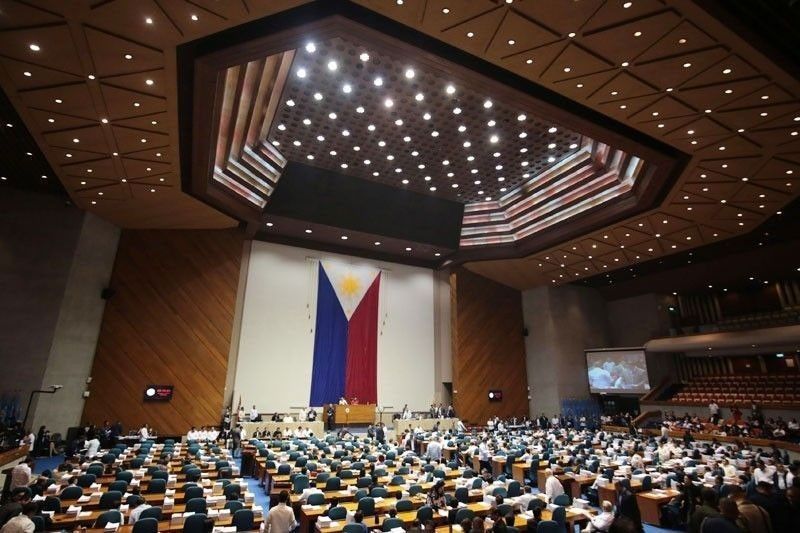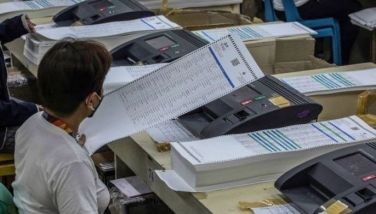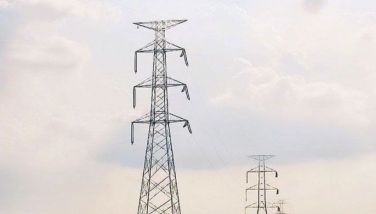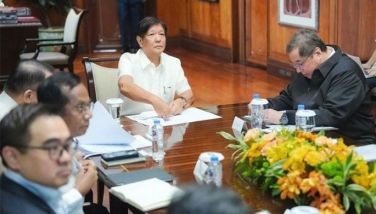House files identical Cha-cha resolution as Senate, targets passage before SONA

MANILA, Philippines — The House of Representatives has introduced a measure identical to the Senate’s that proposes the lifting of economic restrictions in the 1987 Constitution, with House leaders aiming for final approval at least before the president’s third State of the Nation Address.
In a press conference on Monday, House leaders discussed their filing of Resolution of Both Houses (RBH) 7, which proposes the same three economic amendments through constituent assembly as the Senate’s RBH 6.
Like its Senate counterpart, RBH 7 seeks to lift the restrictions on foreign ownership in public utilities, education and advertising.
Authors of RBH 7 include Senior Deputy Speaker Aurelio Dong Gonzales, House Majority Leader Rep. Manuel Dalipe, Rep. David Suarez (Quezon, 2nd District), among others.
“There should be no doubts. We really patterned it. Because they might say this is a different version filed by the House. Constituent assembly. Exactly the same economic provisions the Senate has filed,” Dalipe said in a mix of English and Filipino.
House leaders said that the only key difference between the Senate and House versions is that they want to deliberate the resolution as a committee of the whole – which means all members of the House will have the chance to debate RBH 7’s contents from the get-go instead of starting at the committee level.
“The committee of the whole, that’s not final yet because we have to deliberate it at plenary. That’s one of the proposals to hasten things because the House of Representatives has been in the position that these economic provisions should be made in this Congress, in the 19th Congress,” Dalipe said.
“So if we are with that thought that we would like these economic provisions in the 1987 Constitution to be changed, we would want things to be faster or be expedited,” Dalipe added.
Dalipe said that whether the House will convene as a committee of the whole for RBH 7 will depend on the action made after the bill reaches the House rules committee, which he chairs.
In comparison, the Senate is currently tackling RBH 6 through deliberations at the committee level first, which includes roadshows and consultations, before it conducts plenary debates for the measure.
Three-month ‘window of opportunity’
Suarez said that “this is the window of opportunity” to push for amendments in the 1987 Constitution as lawmakers typically have a full plate after the president’s SONA in July due to marathon legislative hearings for the proposed national budget.
“We have more or less three months to discuss in the fastest and most exhaustive way where the process is inclusive for all stakeholders,” Suarez said.
Rep. Tonypet Albano (Isabela, 1st District) maintained that RBH 7 does not intend to “fast track” Charter amendments as the proposed changes would still go through comprehensive discussions.
This appears to be the lower chamber’s second shot at tweaking the fundamental law after its proposed resolution to change the Charter through a hybrid constitutional convention failed to gain support in the Senate last year.
As early as December 2023, House Speaker Martin Romualdez said that the lower chamber would renew its push to change the Constitution in 2024 to lift economic restrictions on the entry of foreign capital and investments in the country.
- Latest
- Trending





























